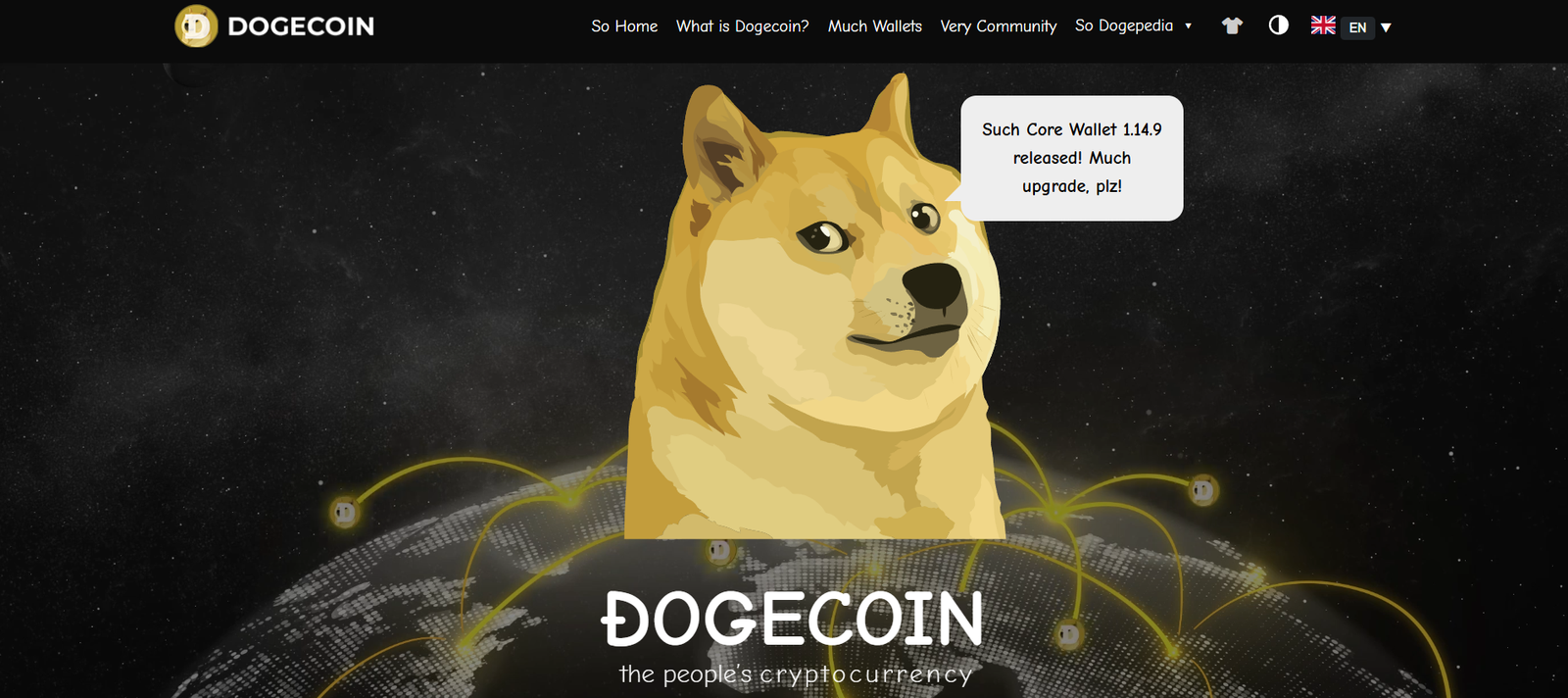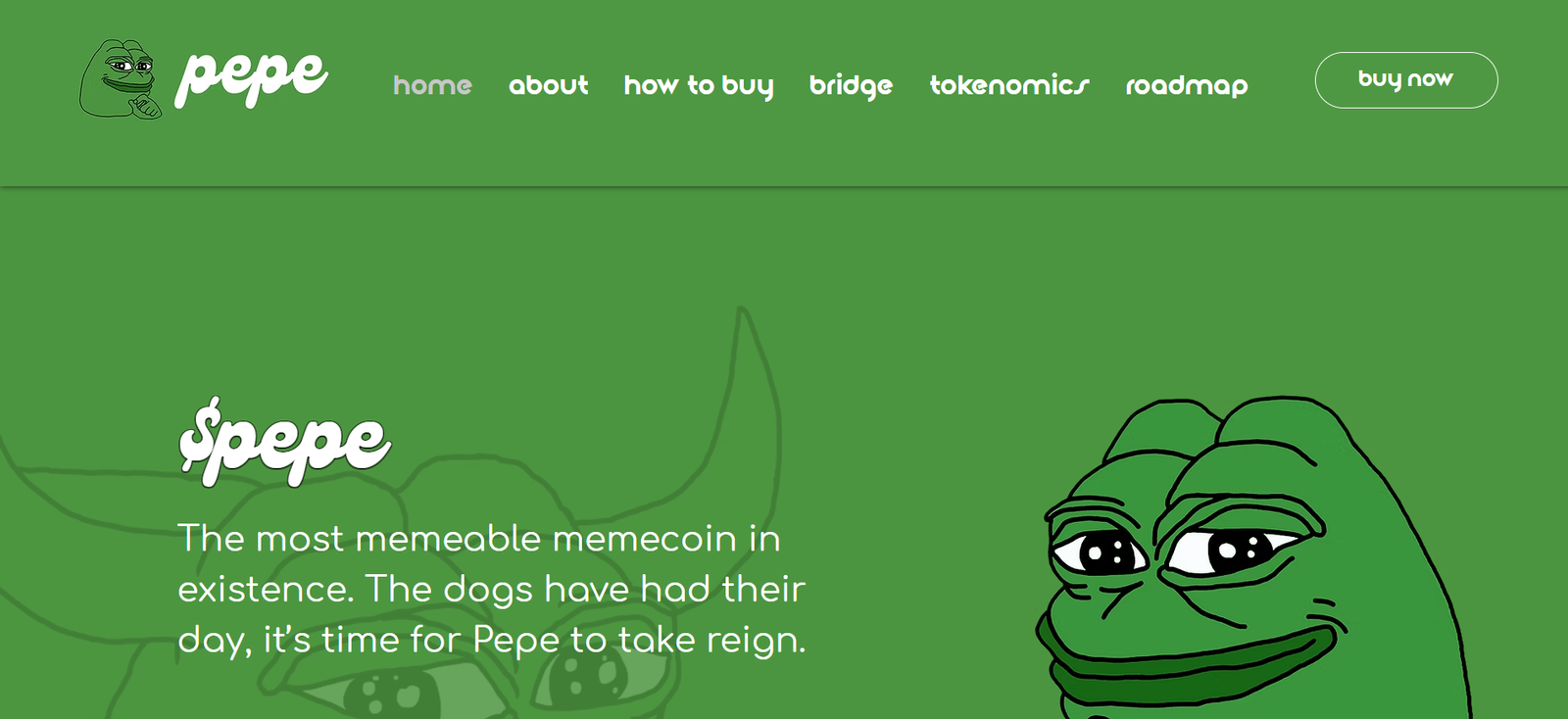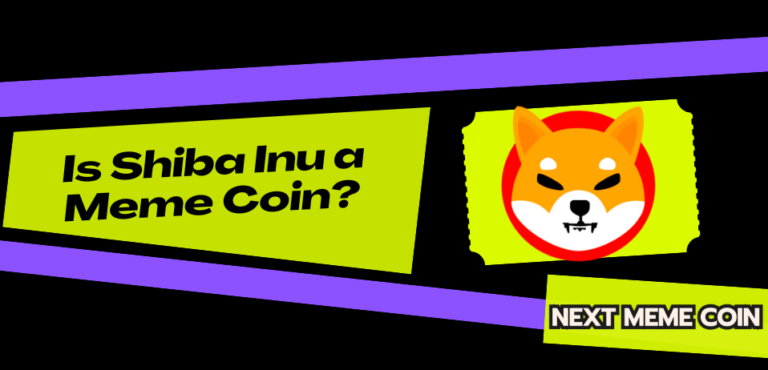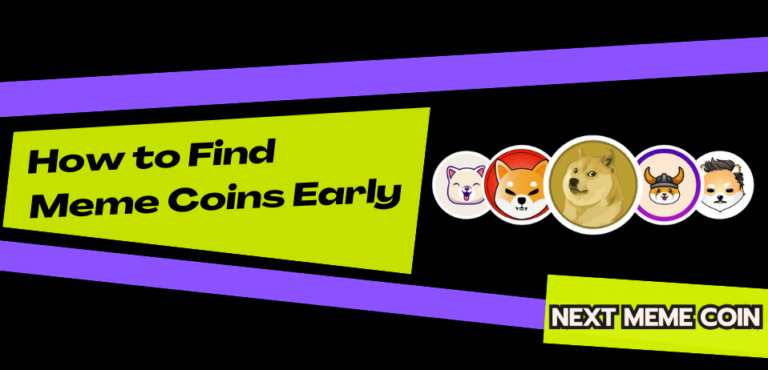Are Meme Coins Halal?
With the rise of the cryptocurrency, debates about whether it fits within Islamic principles have been held, most notably around meme coins. Dogecoin, Shiba Inu, and others, the meme coins are also a kind of cryptocurrency that while they generally have no actual use other than speculative trading, are often linked to internet culture, humour, etc. Until we open our eyes to Islamic finance, are meme coins halal (permissible) or haram (forbidden)?
In this article I’ll be discussing the things that make meme coins more or less Islamic (the tenets of Shariah law) and the nature of meme coins.
An Importance of Meme Coins in Islamic Finance Understanding
Before you can answer whether meme coins are halal you need to understand what the meme coins are and what are the fundamentals of Islamic finance.
What Are Meme Coins?
Inspired by memes, jokes or internet trends, meme coins are cryptocurrencies. They are often unlikely to have inherent application or clear purpose, but rely on a pumped up community, social media hype and speculative trading to have useful applications. Examples include:
- Dogecoin (DOGE): Created as a joke: original meme coin.
- Shiba Inu (SHIB): An ambitions ecosystem of application decentralized token.
- PepeCoin (PEPE): It’s similar to the meme Pepe the Frog.
Meme coins are infamous for their high risk nature and their volatility.
Principles of Islamic Finance
Islamic finance is based on Shariah law, which emphasizes ethical investing and prohibits activities that involve:
- Riba (Interest): Any usury or any interest based transaction.
- Gharar (Uncertainty): An amount of speculation or uncertainty in contracts and transactions that is excessive.
- Haram Activities: Spending money invested where its wrongful; for example, on gambling, or on alcohol, or pork.
Key Factors to Assess Meme Coins
To evaluate whether meme coins are halal, consider the following factors:
1. Speculation (Gharar)
Gharar refers to holding transactions based on which the results are highly uncertain. Meme coins, by nature, are speculative, their value being based on market sentiment, social media trend or even being a viral subject.
Islamic View:
Since gambling (maysir) gives you no guarantees and it’s highly speculative, it is haram to invest in very speculative assets like meme coins.
Gray Area:
Some of the speculative element can be mitigated if a meme coin is backed by utility, or has a clear purpose.
2. Utility and Purpose
Meme coins are one of the primary concerns because it doesn’t really have any real utility. A lot of meme coins don’t have anything really practical for use in real world or something with intrinsic value.
Islamic View:
A way of describing whether something is halal is that it should have a real purpose or utility to the asset. For such a use of cryptocurrencies, they are more likely to be halal than those used for speculative purposes like graphics processing or mining income. Meme coins which have no clear use case are more likely to be viewed as haram.
3. Haram Activities
If your own particular meme coin is used to promote haram activities, it would be haram. This includes involvement in:
- Gambling platforms.
- Activities or industries prohibited by Shariah Law.
Islamic View:
Muslim investors before investing into a project should check, who is behind this project and if it is supportive of proposals that are haram.
4. Transparency and Ethical Practices.
However, Islamic finance is high on transparency, fairness, and ethical behaviors. Some of the meme coins already exist as a joke or for the easy profit, thus launching scams or rug pulls are not unthinkable.
Islamic View:
Deceptive or a project without transparency is haram. Investors need to carry out deep research to determine whether the coin is real or not.
Some of the Meme Coins and Their Potential Halal Status.
1. Dogecoin (DOGE):

Dogecoin is often used as tips and heart fundas so it could be aligned with Islamic principles as well. Nevertheless gharar is a possible concern with regard to its speculative nature.
2. Shiba Inu (SHIB):

The ecosystem of Shiba Inu is built with decentralized applications, NFTs and its own Layer 2 blockchain, that add utility to the project. It may be more likely to be considered halal than purely speculative coins.
3. PepeCoin (PEPE):

The current utility of PepeCoin is close to none, the hype is purely social media driven. Because its speculative and volatile nature, it’s a less likely halal.
The Scholarly Opinion about Cryptocurrencies
Opinions among Islamic scholars about cryptocurrencies vary widely:
- Permissible (Halal): If it is used ethically, has a legitimate purpose and inherently doesn’t violate what’s haram, some scholars of cryptocurrency are of the belief that it is halal.
- Prohibited (Haram): Some others see cryptocurrencies as haram because of their speculative nature because of uncertainty.
- Conditional: More and more scholars deal with doubling the approach and believing in the possibility of cryptocurrencies as an ethical subjectили their use, functionality and morality.
Since meme coins tend to be speculation baby, they’re often treated as a post hoc ‘gray area’ and need case by case analysis.
Meme coins for the Muslims looking at
If you are a Muslim interested in meme coins, here are some tips to ensure compliance with Islamic principles:
1. Research Thoroughly:
Invest in the coin is based on the facts that it, its use, and ethical practices must be checked and investigated.
2. Avoid Excessive Speculation:
That said, steer clear of those meme coins that solely rely on hype and do not have any kind of useful utility.
3. Consult a Scholar:
If you don’t know how to invest in bitcoin, ask a knowledgeable Islamic scholar or financial advisor who is knowledgeable about the cryptocurrency.
4. Diversify Investments:
Don’t put all your capital into speculative assets. Invest in your portfolio with ethical and stable investments.
5. Monitor Developments:
As the crypto space evolves so rapidly, a project’s status could change when some utility might be added or some transparency provided.
Conclusion
It is the debate on whether or not meme coins are halal or not (whether they are able to adhere to the Islamic principles of no speculating, transparency and ethics). As most meme coins are to some extent haram because of that speculative nature and lack of utility, those that are clearly for evil are haram, while those that clearly purport to do good and have good usage, good transparency, and good compliance to islamic rules of halal (fraud, usury, unclean meat, etc) are halal.




